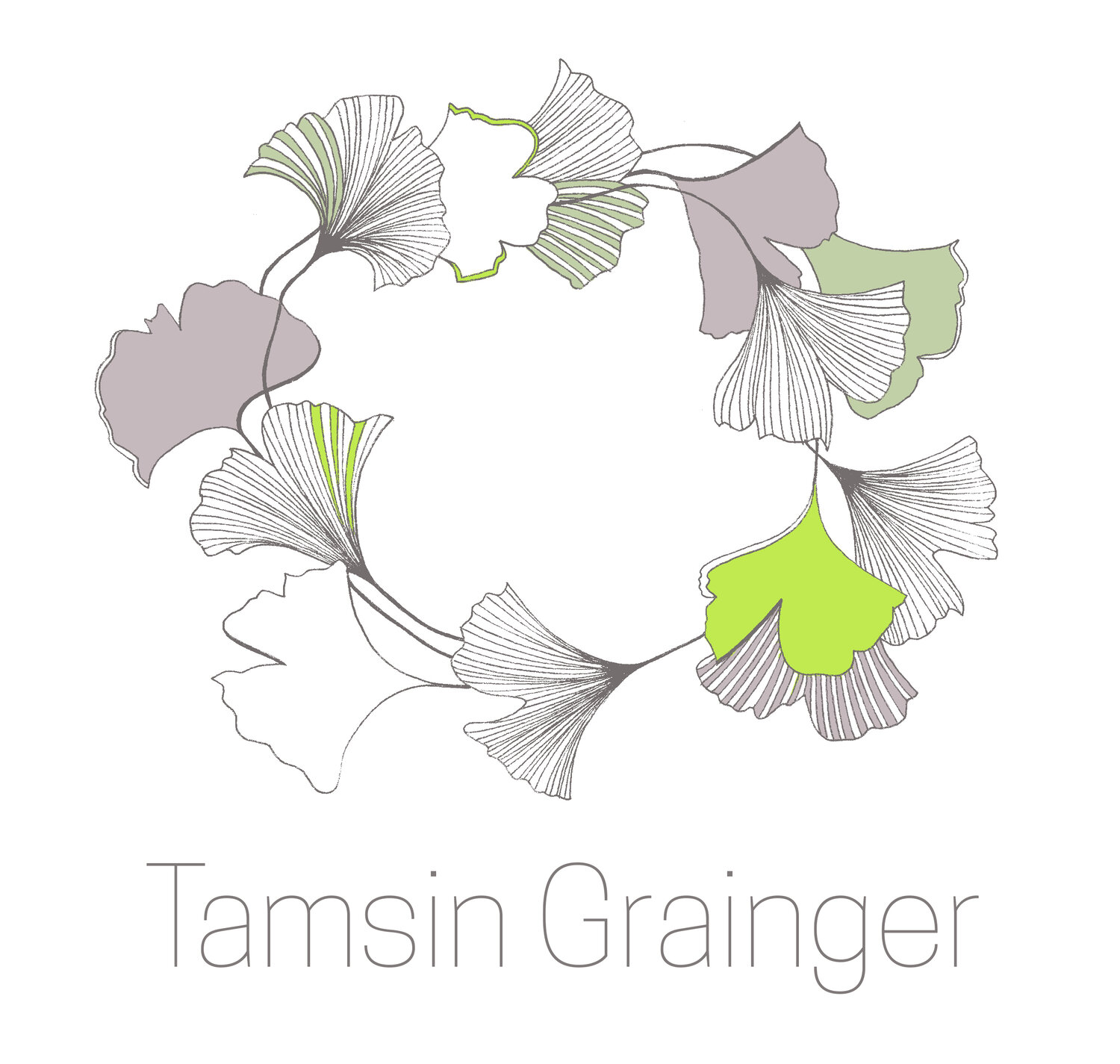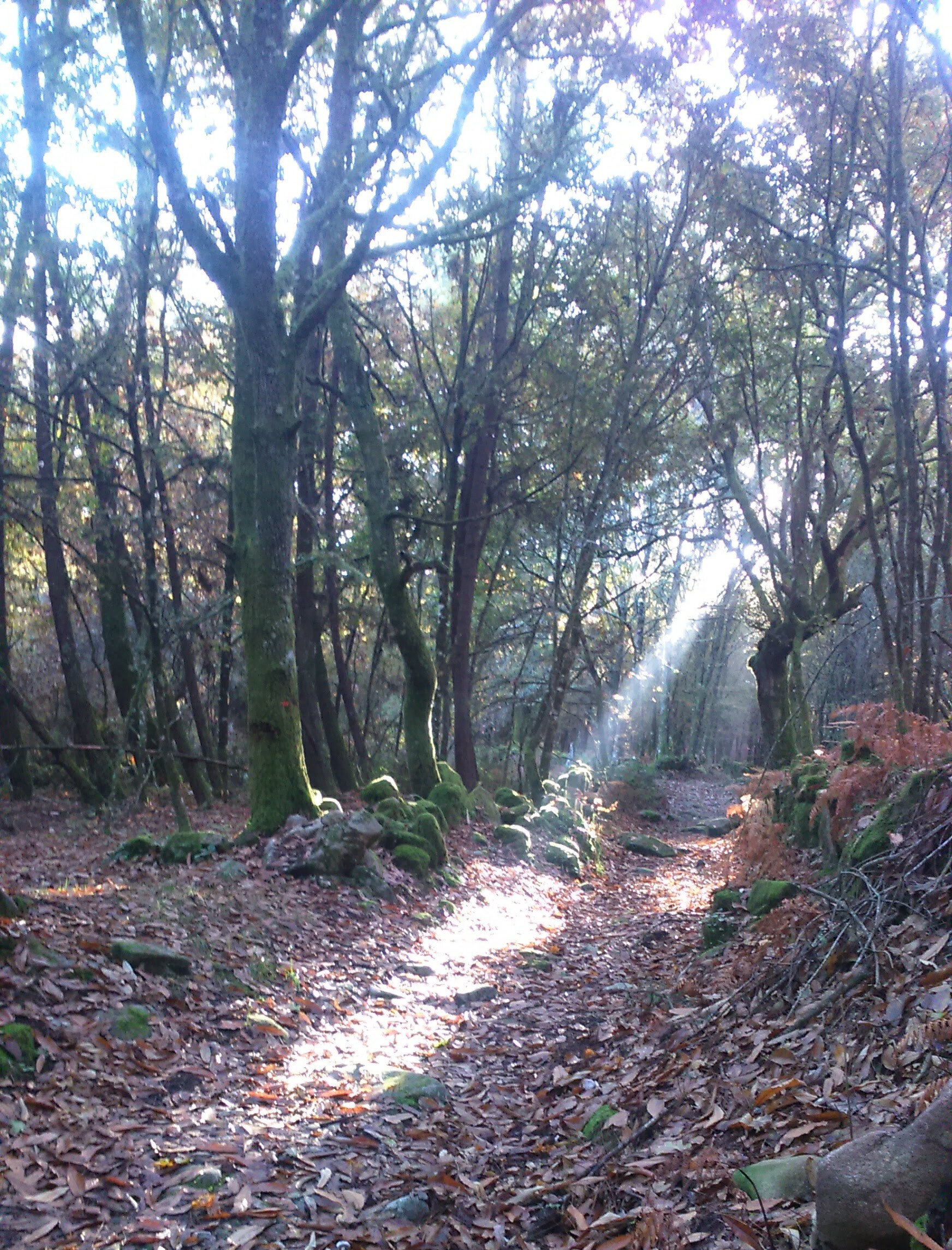Shiatsu College London Death workshop
Shiatsu and complementary therapy practitioners regularly work with clients who face death and loss. In the clinic, home, on National Health Service premises or elsewhere, therapists are meeting people who have encountered dying, are in the midst of grief, or are mourning. It is when they are suffering or struggling to come to terms with these that they seek the special type of support that complementary therapists provide.Loss is widespread and felt by us all, caused by a wide variety of situations and having equally varied implications. Moreover, age, status, religious and cultural background, and indeed location all determine the type of experience we have when we are forced to confront these situations.
Causes
Life cycle changes concerned with ageing, such as a child who goes to school for the first time, and women meeting menopause, can bring on a sense of loss. Upheavals like moving house, divorce and retirement can bring about significant changes in circumstances which leave us bereft. The impact of being diagnosed with, facing, and enduring a life-threatening illness or disease is far reaching, as are the results of war, famine and natural catastrophe. Some of us engage in behaviour which is known to increase the likelihood of death in life. Suicide is a complex kind of loss which can leave those still living, in a state of confusion and sadness. Death in the womb or of a baby, can deeply affect in the short or long-term. And shock from a sudden occurrence usually stimulates a profound response.
Results
A shaft of sunshine coming through chestnut trees, Galicia, Spain
On a psychological level, denial and despair are familiar to those who suffer loss. We may bargain or plead, be depressed or resigned. Fear and anger compound such losses which are not always easy to handle alone, and yet we try to come to terms with, even grow from, the challenges that they bring. Physically these emotional states may be linked to pain, stiffness or even paralysis in the body. Our organs may temporarily stop functioning well, with digestive upset or heart palpitations. We are very likely to have interrupted sleep patterns or disturbances.
How can Shiatsu help?
A painting of the Buddha by my father, a vase of roses and a pot plant on the kitchen table
As practitioners we seek to find ways to sit with our clients in their suffering and be of some succour. The work is challenging and personal, and there are times when we might be impacted ourselves. Old feelings may come back, or we may find it hard to lift our spirits, and then feel bleak after being with someone who is suffering. This means that we need to support ourselves to remain healthy and maintain effective boundaries, focusing on, and enquiring into our individual beliefs, ethics and moral code, so that we are more likely to remain separate enough to be healthy, and are able to give non-judgmental and appropriate treatment.
Death is in our own lives and that of our family and friends, sometimes in an immediate way, and this affects what we do, and raises questions. Do we give sessions when we are grieving? Do we speak with our clients about our own health? In order to be responsible, must we make arrangements for what will happen to our clients and their case notes in the event of our own demise?
Despite this being such a widespread topic, it is notable that the subject rarely features on the core curriculum of complementary therapy training institutions, nor is it a regular part of post graduate or continuous professional development (CPD) programmes. My book, Working with Death and Loss in Shiatsu Practice will stimulate self enquiry whilst encouraging best practice and honesty in the client-practitioner relationship. It looks at ways to touch when working with frail or dying clients and how to manage restrictions, such as working on a hospital bed. It advocates walking and sitting meditation as well as sharing with others in order to improve our confidence in working with people at a vulnerable time of their lives in a respectful, open-hearted and compassionate manner.
Past workshops:
Athens, London, Paris, Amsterdam
Open to Shiatsu students, practitioners open to deep reflection on the place of loss in your life.




